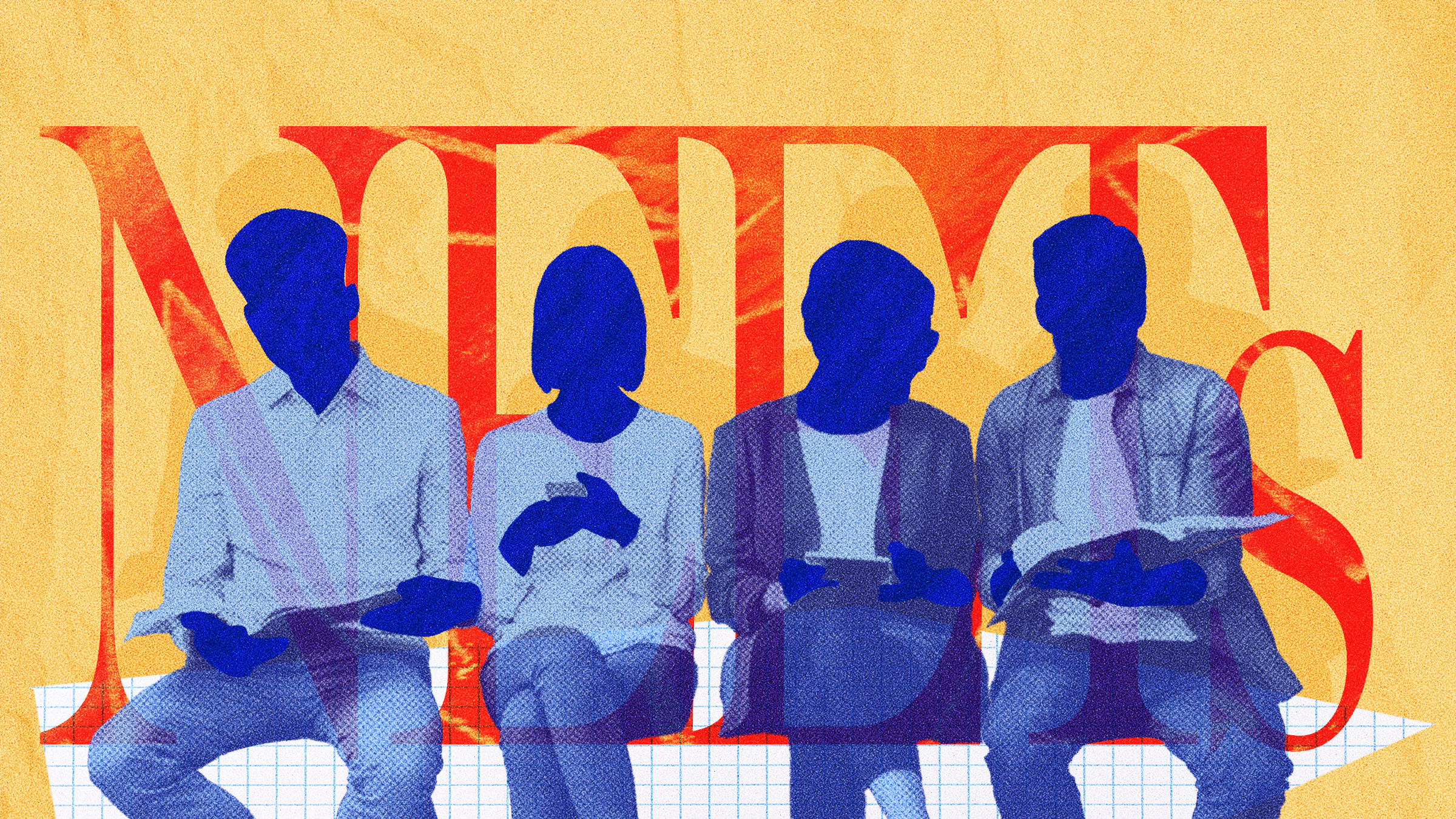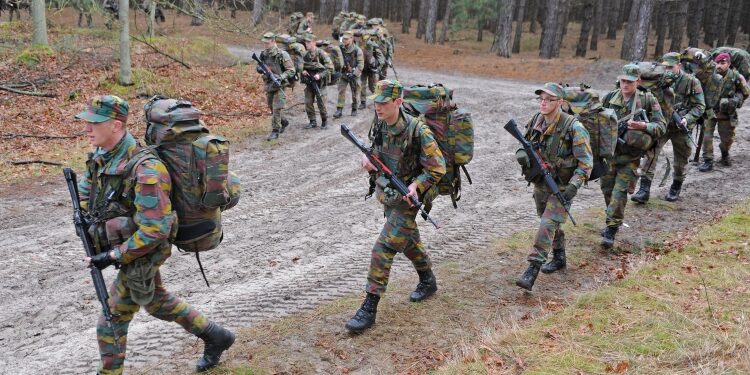Military service: a bridge between youth and society?
The rising number of young people who are not in employment, education, or training (NEET) is a serious concern, as highlighted by the recent International Labour Organization (ILO) report. This trend points to a deeper issue of disconnection and lack of opportunities for many young people. One potential solution is military service, which has traditionally provided a pathway to education, skills, and a sense of purpose.
However, for the military to be a truly viable and appealing option, it must not only solve its recruitment and retention challenges but also become more closely aligned with the principles of democracy. While this alignment is the case in most democracies, unfortunately, it’s not the reality everywhere. As we’ve seen in some parts of the world, when internal conflicts arise, the military can sometimes act independently or even against the interests of the people. This highlights the critical importance of maintaining a military that is firmly rooted in democratic principles, where it serves the people, operates under civilian control, and is held accountable to the public. Only then can the military truly be a force for peace and stability, rather than a contributor to conflict.
Military service: a gateway to opportunity
Military service has long been a way for young people to develop discipline, gain valuable skills, and find direction in life. For those who find themselves in the NEET category, the military could offer a structured environment and a clear path forward. But attracting young people to military service or building a short or even long term career, in today’s world requires more than just offering basic training. The military needs to improve its working conditions, offer better social support, and provide education and training that will help service members succeed in civilian life once their military careers are over.
The military as a force for the people
In a democracy, the military should be a force for the people, not against them. This means the armed forces must be fully integrated into society, operating transparently and being accountable to the public. The military should reflect the values and aspirations of the society it serves, ensuring that its actions are always in line with democratic principles.
When the military is seen as a trusted institution that serves the people, it strengthens the connection between the armed forces and the civilian population. This connection is crucial because it ensures that the military is not just a tool of the state but an extension of the will of the people. A military that aligns itself with the values of democracy will always act in the best interests of its citizens, fostering trust and mutual respect.
Diversity and inclusion: a reflection of society
For the military to be truly representative of the society it serves, it must embrace diversity and inclusion. This means ensuring that people from all backgrounds, ethnicities, genders, and walks of life are welcomed and valued within the armed forces. A diverse military is not only a more effective institution but also one that better understands and responds to the needs of all citizens.
In a democratic society, inclusivity within the military is essential for maintaining its legitimacy and connection to the people. When the military reflects the diversity of the population, it becomes a true force for the people, capable of serving and protecting everyone, not just a select few. This inclusivity helps ensure that the military is seen as a partner in the democratic process, rather than as a separate or isolated entity.
The military’s role in a democratic society
The military’s role in a democracy is to defend the nation while remaining fully under democratic control. This balance is vital because it ensures that the military operates in a way that is consistent with the values of the society it protects. The armed forces must act as protectors of the nations and international values, upholding the rights and freedoms of its citizens while being accountable to the public.
Military personnel should be treated as “citizens in uniform” with the same rights and opportunities as any other citizen. This approach reinforces the idea that the military is not a separate entity but an integral part of the democratic system. By treating service members as full citizens, we strengthen the bond between the military and the public, ensuring that the armed forces are seen as a trusted and respected institution. This principle of “citizens in uniform” was the core foundation of EUROMIL when it was established in 1972 and remains central to what we stand for today. Over the past decade, EUROMIL has emphasized that this principle extends beyond simply living as citizens; it also means that soldiers must be fully integrated into the labour market, with all the rights and obligations that come with being workers. Thus, soldiers are not just citizens, but also workers in uniform, deserving of the same protections and opportunities as any other member of the workforce.
Conclusion: the military as a democratic institution
As we face the challenge of rising numbers of young people who are not in employment, education, or training (NEET), we must explore all possible solutions. A career, short or long term, in the military can offer young people the structure, education, and purpose they need to build a better future. However, for the military to be an attractive option, it must address its recruitment and retention challenges and be closely aligned with democratic values.
By ensuring that the military is a force for the people, embracing diversity and inclusion, and operating under democratic control, we can create armed forces that are trusted and respected by the citizens they serve. This approach not only helps address the NEET issue but also strengthens the connection between the military and society, ensuring that the armed forces are fully integrated into the life of the nation they protect.
Emmanuel Jacob, President

